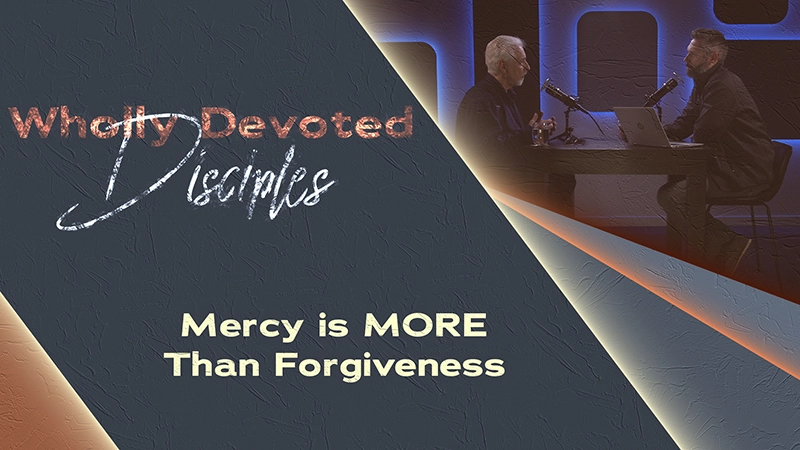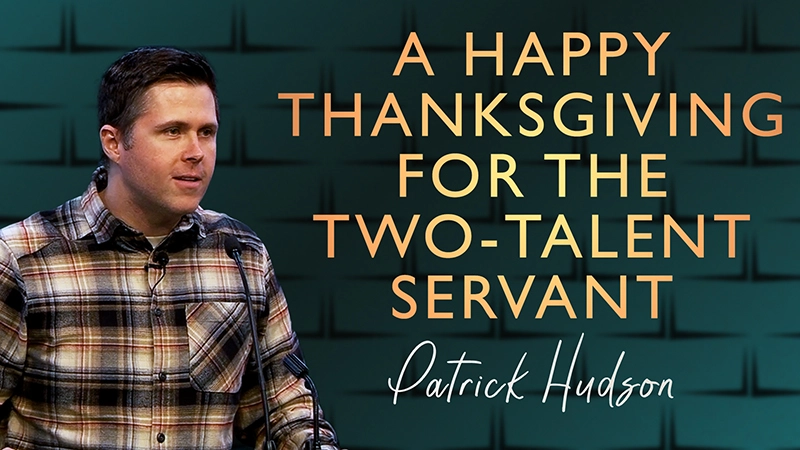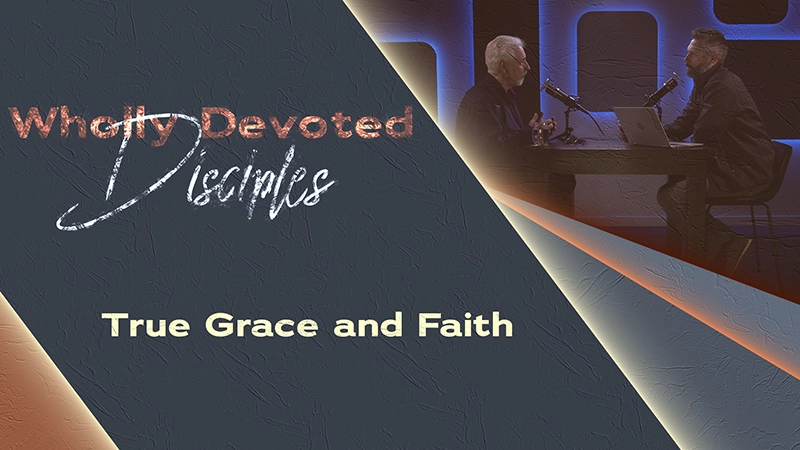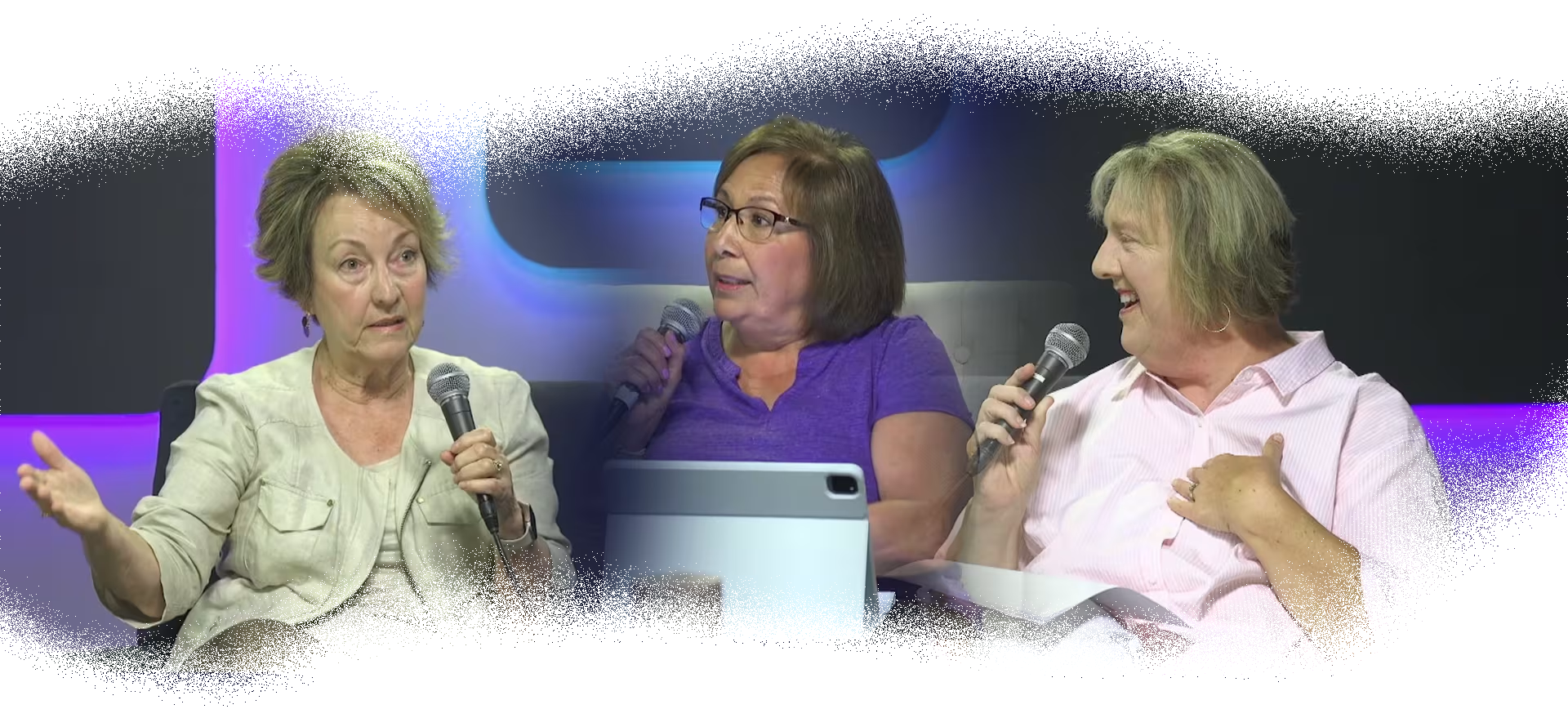
Tongues of Fire: The Early Church Part 2
When the early church began to experience massive growth, persecution was not far behind. But the believers, knowing their weakness, prayed earnestly for boldness and God gave them the power to endure. This is Part 2 of our short series, “Tongues of Fire: The Early Church.”
Host: Steve, we want to continue our discussions on the early Church. In a message that you shared with our staff, you covered Acts 3 and 4. Talk about the backdrop of these two chapters.
Steve: Well, it may sound obvious, but the backdrop is Chapter 2. In Chapter 2, we had the enormous revival that hit Jerusalem and 3000 souls came to the Lord in one day. Plus, who knows what happened in the weeks and months after that. But you have to think about what was going on with the disciples during this period of time. All of a sudden, they go from a church of 120 to a church of 3000 people. And if that isn't enough of an enormous challenge, you're talking about every one of them being a brand new believer who needs to be discipled.
But beyond that is the fact that these people needed to be worked out of years of indoctrination in Pharisaism, Judaism, ritualism and all their traditions. So, I believe that during that time, the Lord was using the disciples to bring the Church along and help these new believers get more established in the faith. Then when the Lord felt like it was time to take another step forward, this thing happened there at the temple.
Host: Well, we don't have time to share all the details, but can you tell us in a nutshell what happens in Acts 3 & 4?
Steve: Well, John and Peter are going up to the temple to pray and there's a crippled man there begging, and Peter somehow got a sense from the Lord that that man needed to be healed. He saw that he had faith and the Lord healed him through Peter. Then the man gets up and he is ecstatic as one can imagine being someone who's been crippled all their life. And he's running and leaping and praising the Lord it says.
And so that creates a whole stir and all kinds of people come rushing in to find out, “What is this?” And it’s obvious that it's a tremendous miracle. So, Peter seizes the opportunity to begin to preach to the people right there at the temple. And while he's preaching, he's interrupted by the guards from the Sanhedrin who were sent in to break the meeting up and haul them in to answer for what in the world they were doing there.
Host: As I was going over your notes on this chapter, I couldn't help but think that this is like an instant replay of what happened with Jesus. Why did the Sanhedrin react again this way? You would think maybe they'd learn by now.
Steve: Yeah. And you're referring to the blind man who got healed right there at the same basic place at the temple by Jesus. The bottom line I think was that there was an enormous amount of pride in that Sanhedrin. They felt like they were the experts. They were the religious leaders. And so, when it came to John and Peter, the Sanhedrin were thinking “these guys are just upstarts. Who are they? They're fishermen from Galilee.”
I mean, in a sense, you could understand how the religious leaders would feel. It's almost like usurping their authority. It's one thing if they were to be teaching out somewhere in the streets somewhere but for it to be right there at the temple was a bigger issue to them. But also, for the Sadducees who ran the Sanhedrin, they didn’t believe in the resurrection, and that is the message that Peter was preaching forth boldly. He was preaching that Jesus Christ has been resurrected and the Sadducees didn't take kindly to that a bit.
Host: Well, how did Peter and John handle the antagonism that they were getting here?
Steve: Well, you can imagine how intimidating of a setting this must have been for Peter and John to be hauled in, in front of the 70 religious leaders of the country. But instead of the timidity that Peter had shown a few months before right before the crucifixion, a holy boldness overtakes Peter and he just begins preaching his heart out. And not only preaching his heart out, but he puts his finger right in their face and calls them the murderers of the Messiah. It is unbelievable that he could do what he did. He didn't back down one inch.
Host: It's very telling what Peter and John did when they were released.
Steve: Yeah, they went right into a prayer meeting. They went back to the disciples and their close friends, and they started seeking the Lord, but what is really interesting to me is what they were praying for. They weren't praying for protection. They weren't praying that God would defeat their adversaries. They were praying that God would give them holy boldness no matter what it cost them. And God really responded to that prayer.
Host: How much do we need that today? We look at what's going on around us. We look at the attack on the Church, the attack on our faith and on Christianity. Really, we ought to be praying for, as they did, a holy boldness in us as believers to be a witness in the midst of all of it.
Steve: Yeah, because from there they went out after that and really everything that you see unfold in the book of Acts is an answer to that prayer. But also, you know that was the way they were praying regularly, and you just see it keep unfolding and unfolding under these great events that occur through the book of acts in the days following. And I know for ourselves here at Pure Life, when we get on our faces before the Lord and we really start seeking Him, we see God move in really wonderful ways.
But we are human beings, and we are not built in ourselves to seek the Lord at that level all the time. That's just the reality of our fallen nature. So, we tend to need to do it on occasions. And we need to set apart special occasions to really seek the Lord, not just our normal time of seeking, but an extended time — an impassioned time. And when we do that, God never fails to follow through with His power.

















